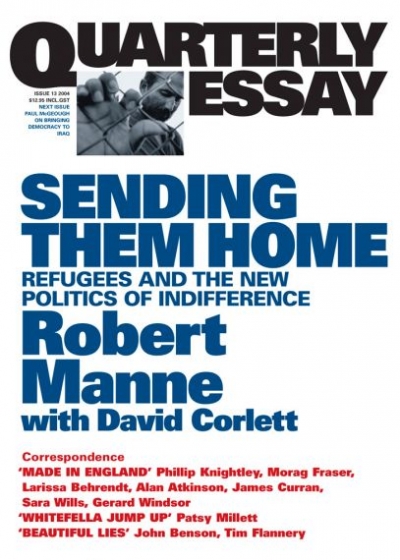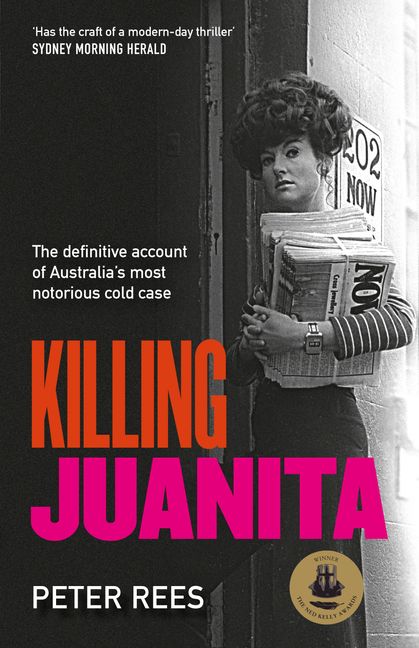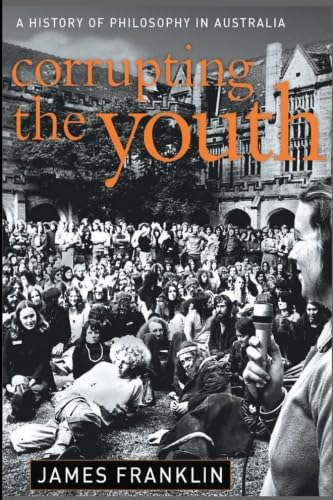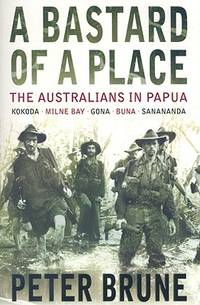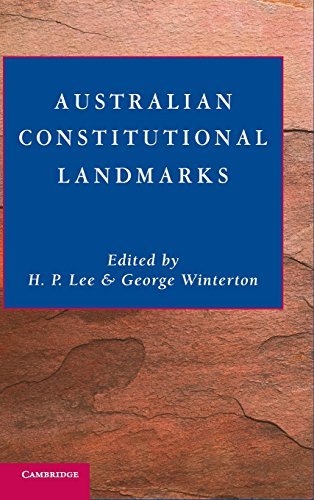Archive
Film | Theatre | Art | Opera | Music | Television | Festivals
Welcome to ABR Arts, home to some of Australia's best arts journalism. We review film, theatre, opera, music, television, art exhibitions – and more. To read ABR Arts articles in full, subscribe to ABR or take out an ABR Arts subscription. Both packages give full access to our arts reviews the moment they are published online and to our extensive arts archive.
Meanwhile, the ABR Arts e-newsletter, published every second Tuesday, will keep you up-to-date as to our recent arts reviews.
Recent reviews
Sending Them Home: Refugees and the new politics of indifference (Quarterly Essay 13) by Robert Manne (with David Corlett)
Off Course: From public place to marketplace at Melbourne University by John Cain and John Hewitt
On the Warpath: An anthology of Australian military travel edited by Robin Gerster and Peter Pierce
Letters | April 2004
Clive James’s Cypriot
Dear Editor,
It was irritating to read Clive James’s poem ‘William Dobell’s Cypriot’ in the Spectator, but surprising in ABR (March 2004). Doesn’t anyone there know that Dobell’s painting The Cypriot was worked up, after Dobell had returned to Sydney in 1940, from sketches made in London? James Gleeson’s William Dobell (Thames & Hudson, 1964) names The Cypriot as Aegus Gabriell Ides, a waiter in a restaurant in Bayswater Road.
... (read more)Killing Juanita: A True Story of Murder and Corruption by Peter Rees
On-air banter. It’s a staple of radio and television shows seeking to project a friendly, accessible image. Think of the chats between Steve and Tracy on Today, and Mel and Kochie (and, increasingly, their viewers) on Sunrise. Chats between news, sports and weather presenters are routine. It helps if the weather presenter is gorgeous, zany or eccentric, such as Tim Bailey on Channel Ten’s 5 p.m. news in Sydney or the semi-retired Willard Scott on the NBC Today show. (There was never any evident warmth or banter between Channel Nine’s Brian Henderson and Alan Wilkie, one of the few actual meteorologists on air.) The presenters are meant to seem ‘just like us’ as they yarn about their weekends, their birthdays and their children. Some of the chats, particularly between radio hosts, are designed to personalise and promote interest in what’s coming up on the next programme.
... (read more)
